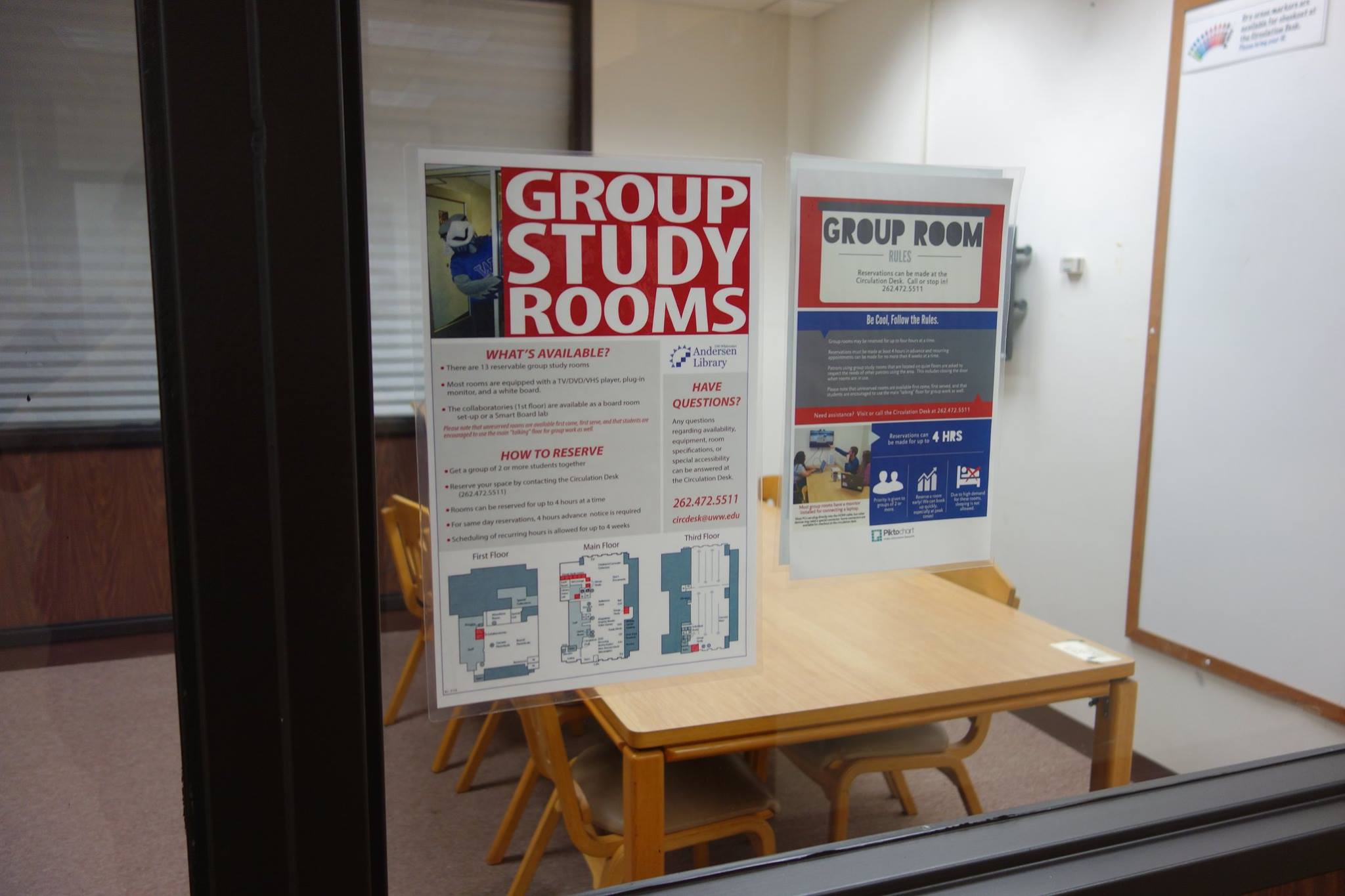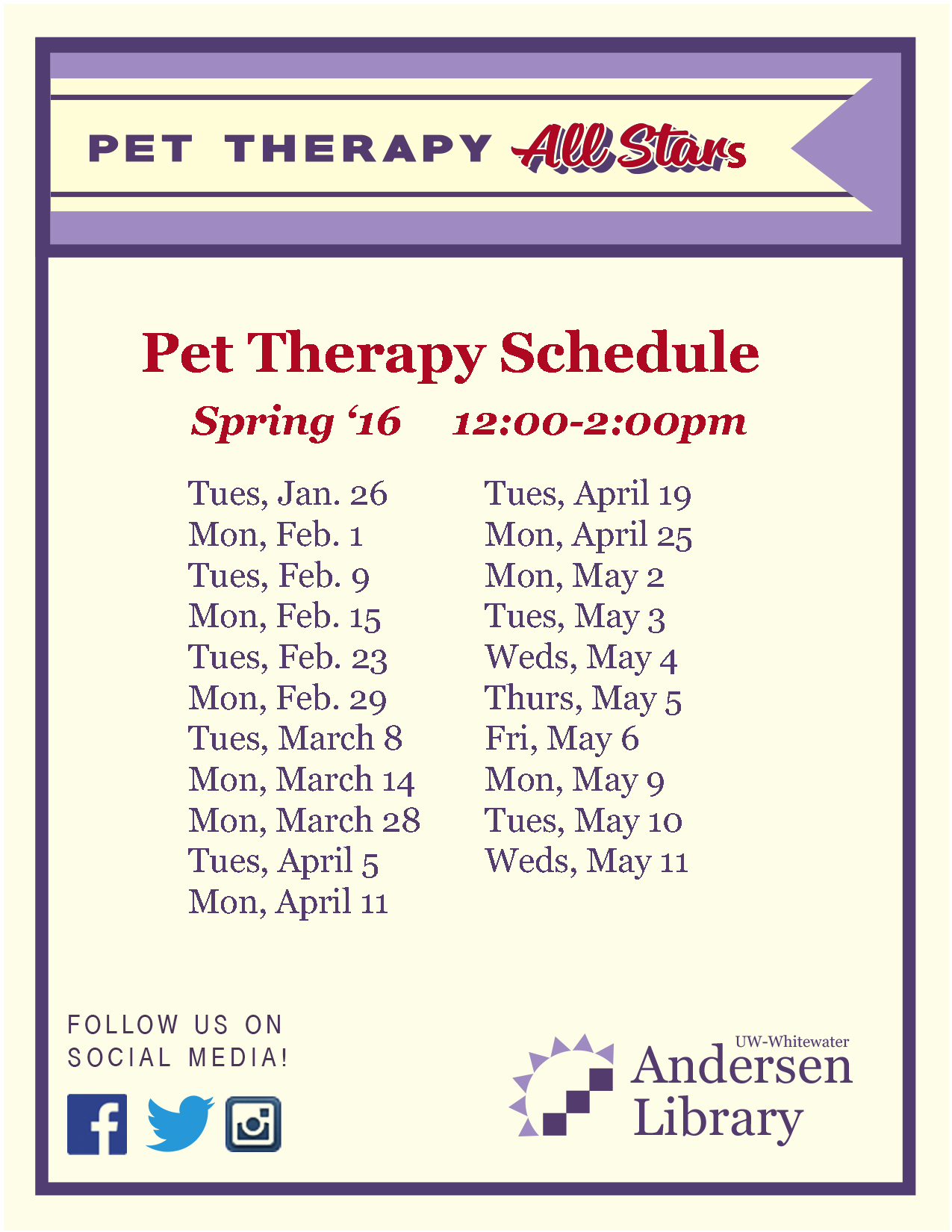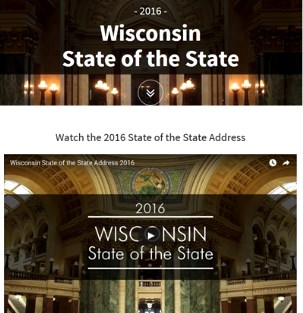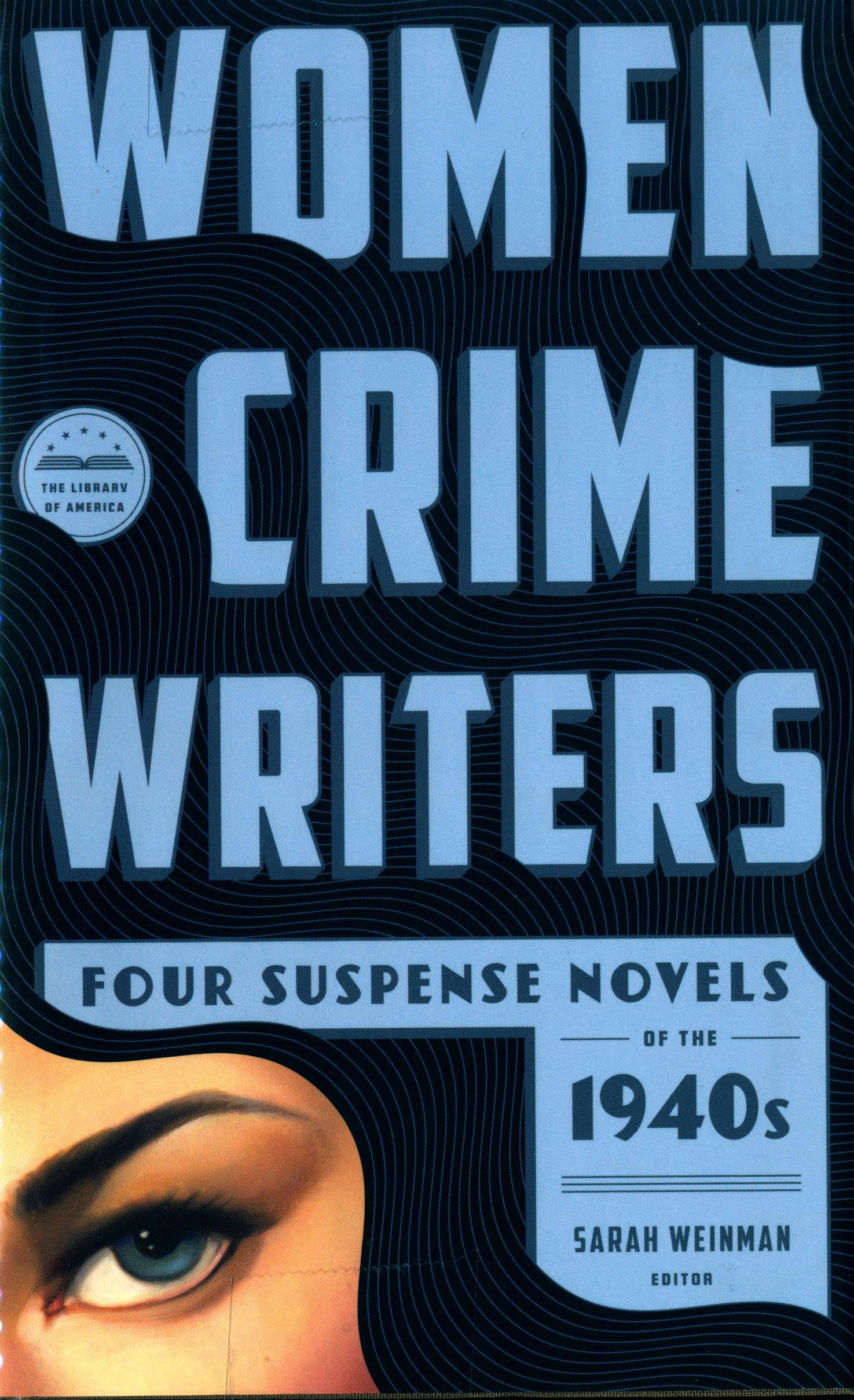If you are looking to start this new semester off right, stay tuned. For the next six weeks, we are sharing helpful information about how to take advantage of health & wellness resources on campus. Check out healthy tips all year long with the Student Health 101 web-magazine that’s free for UW-W students. http://www.uww.edu/uhcs/wellness-information/student-health-101
College life is all about achieving balance. Balancing time spent with new friends and old, balancing your social and educational commitments, and finding time for health and well-being. There is always time in the day for YOU.
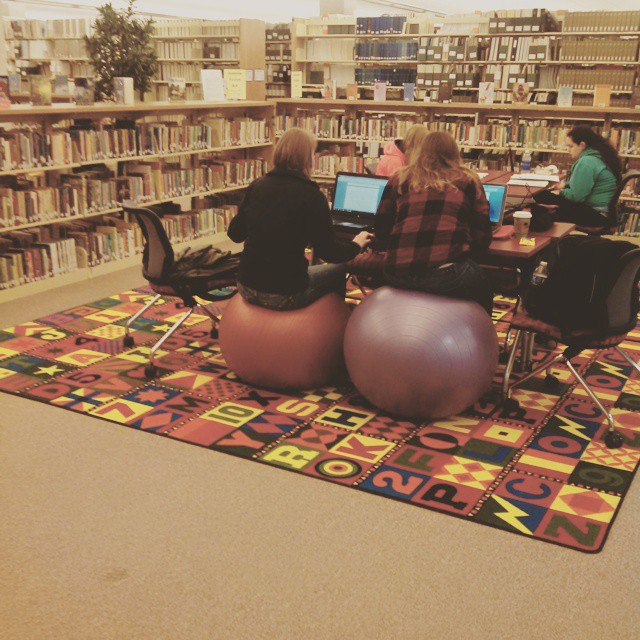
Start small. Have you noticed those red and purple balls spread out across the main floor of the Andersen Library? Those are yoga balls for you to sit on while you study. Did you know that the simple act of balancing on a yoga ball could help you concentrate better? According to some studies, the balls may help some students focus. Others suggest that while using the balls, you are using core muscles to keep yourself upright, which in turn, increases blood flow to the brain. You decide! Research@UWW will point you to studies that look into the use of stability balls in classrooms and the workplace. 
Continue your quest for balance by taking a break in the Browsing Books area near the Food for Thought Café to find helpful titles such as Mequilibrium: 14 Days to Cooler, Calmer, and Happier and Overload : How to Unplug, Unwind, and Unleash Yourself from the Pressure of Stress. Kick back for five minutes with the Watchwellcast video Ways to Unwind, or take a more academic approach to achieving school-life balance with a Films on Demand selection.
And don’t forget the power of Pickle Cat!



